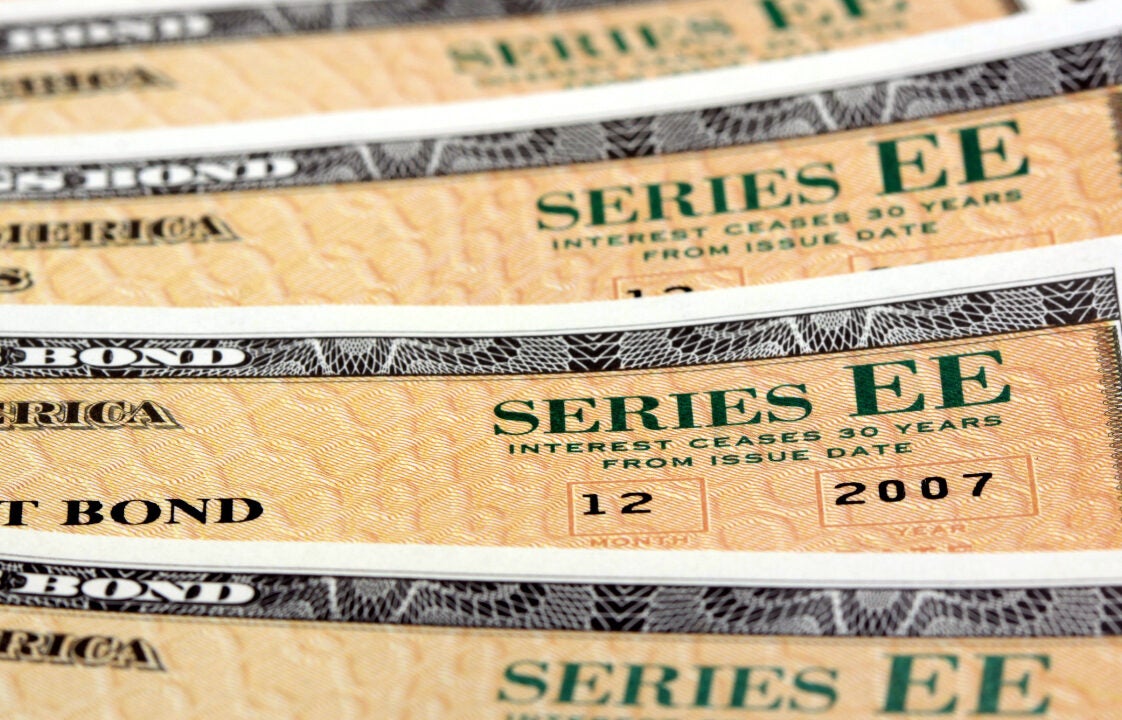U.S. investment funds securities have been utilized by ages of regular Americans to create steady, okay profits from cash investment funds. Contingent upon the sort of reserve funds security and the accessible financing costs when the security is bought, you might procure a yield that is serious with the best bank accounts — as long as you don’t cash out too early.

At the point when the opportunity arrives, you can reclaim your reserve funds securities in different ways. On the whole, you’ll need to be sure you have a decent handle of what investment funds securities are and the way that they work.
What Are Investment funds Securities?
Reserve funds securities are a type of central government obligation. At the point when you purchase a reserve funds security, you’re loaning cash to Uncle Sam with the comprehension that the public authority will reimburse the cash to you over a specific timeframe at a specific financing cost.
The bonds are for the most part viewed as protected, dependable ventures since they’re given by the U.S. Depository and supported by the full confidence and credit of the U.S. government.
Reserve funds securities can be bought for yourself or given as presents. Certain individuals might recollect going to the bank as a kid and getting a $50 reserve funds security as a birthday present. You could find a few old reserve funds securities you’ve overlooked, or you might acquire a few investment funds securities from a friend or family member.
Paper securities are still near, however numerous more current reserve funds securities exist just in electronic structure.
How Do Reserve funds Securities Work?
The government provided its absolute first reserve funds security in 1935, and a few kinds have been presented throughout the long term.
Large numbers of them are not generally given yet may in any case acquire revenue or gathering esteem. The reserve funds securities sold today will procure interest for a very long time; a few more established securities mature — that is, quit paying interest — following 20 years.
Premium on the ongoing yield of reserve funds securities is procured month to month and accumulated like clockwork. You can’t trade out a reserve funds security for the initial a year after buy, and on the off chance that you recover before five years have passed you’ll lose three months of interest as a punishment.
Reserve funds securities that are so old they’re done acquiring worth ought to be reclaimed for cash, to be placed into different ventures. (Perhaps new reserve funds securities.)











